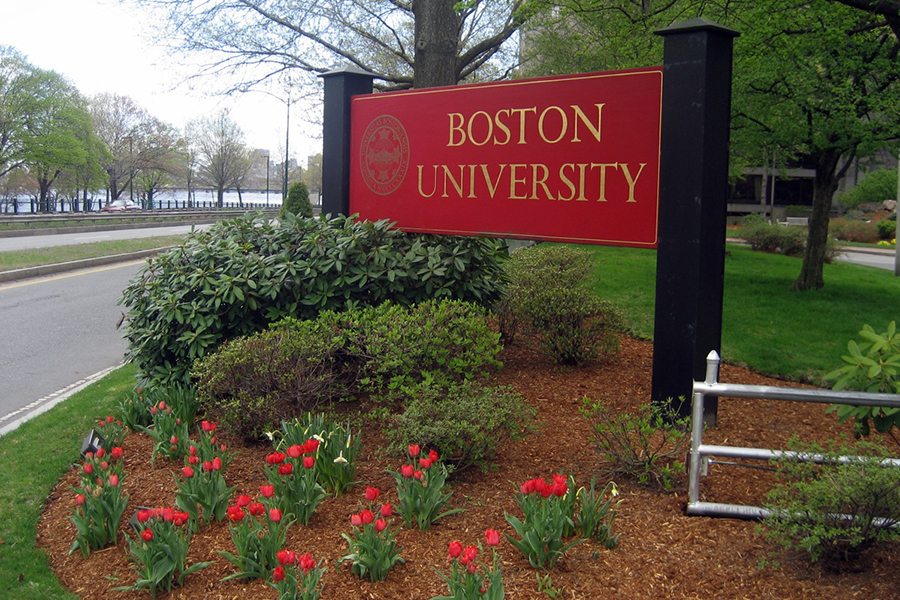Twelve Massachusetts Schools Named in Paradise Papers
Institutions including Northeastern, Boston University, and Tufts have offshore investments.

Boston-Boston University by Wally Gobetz on Flickr/Creative Commons
Ah, higher education: a sculptor of young minds, a fertile ground for innovative ideas, and, apparently, an enthusiastic embracer of tax evasion tactics.
More than 100 educational institutions were found mentioned in the recesses of the Paradise Papers, a gigantic leaked cache of financial documents that reveal the offshore dealings of some of the wealthiest individuals and institutions on Earth. And among the upper echelon of the upper echelon are 12 schools in Massachusetts, according to the International Consortium of Investigative Journalists.
Being named in the Paradise Papers does not imply that any laws have actually been broken or that anything beyond business-savvy is at play. However, according to ICIJ and the New York Times, a number of institutions of higher education have invested in offshore entities in places like Bermuda and the Cayman Islands, which are tax havens.
Colleges and universities are considered charities in the eyes of tax law, so they don’t pay a dime on their gigantic endowments unless they invest in things like private equity firms and hedge funds, according to ICIJ. These dealings are considered business activities and are thusly taxed, or at least they’re supposed to be. The Times reports that some schools create “blocker funds,” which are incorporated in offshore tax havens and allow the schools to avoid paying federal taxes, as well as “avoid scrutiny of ventures involving fossil fuels or other issues that could set off campus controversy.”
With so many colleges in Massachusetts, it’s no wonder that a handful of the schools spotlighted in the papers are in the Bay State. Harvard and MIT, whose endowments clock in at over $35 billion and $13 billion respectively, are notably absent from the documents. All 12 schools named are private, and three—Mount Holyoke, Smith, and Wellesley—are women’s colleges. Boston University, Northeastern, and Tufts are the three largest schools from the state found to have offshore dealings, and the liberal arts colleges Amherst, Clark, Holy Cross, and Williams are also identified in the records. Babson College and Bentley University round out the list.
Most of the Massachusetts schools are listed as investors in a Bermuda firm called School, College and University Underwriters, Ltd (SCUUL). Founded in 1986 by 30 institutions of higher education, SCUUL is an insurance company that sells higher limit liability insurance, according to a Journal of Commerce article from the time of its inception.

